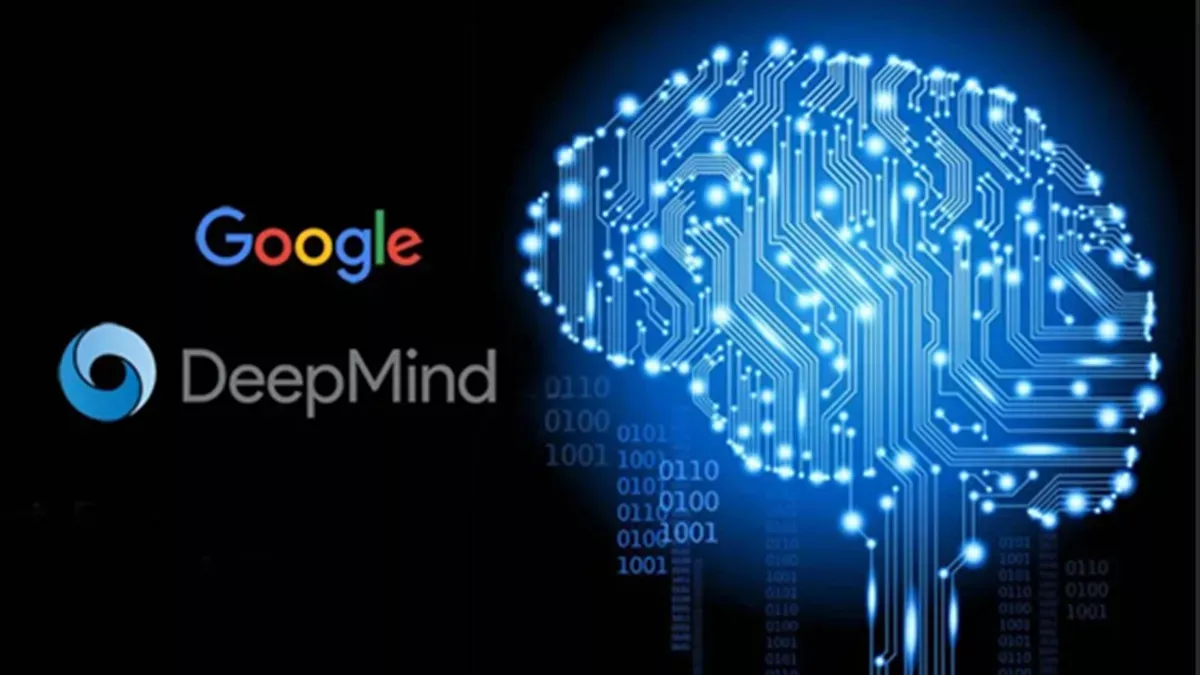- By News Desk
- Thu, 25 Sep 2025 04:52 PM (IST)
- Source:JND
Artificial Intelligence (AI) is one of the most talked-about technologies in the world today. Many experts consider it a force that will change human history. Its impact spans across education, health, agriculture, and industry. However, the big question is whether AI will be limited to developed nations and English-speaking societies, or if it will be equally effective in a country like India, with its diverse linguistic and social landscape.
In this context, Jagran New Media has launched a special series, featuring conversations with leading scientists and researchers from around the world. In this instalment, Rajesh Upadhyay, Editor-in-Chief of Jagran New Media, had an exclusive conversation with Dr Manish Gupta, Senior Director at Google DeepMind.
In this dialogue, Dr Gupta discussed in detail the future, challenges, and possibilities of AI in India. He explained how Google DeepMind is developing the capabilities of AI in Indian languages through initiatives like Project Vaani.
He highlighted the crucial role of AI, from providing accurate information to farmers in agriculture to improving maternal and child care in health services. He gave a message to the youth to view AI not as competition, but from a perspective of collaboration. He also cautioned that it is essential to keep ethics and responsibility at the centre of AI development.
Here are the key excerpts from the conversation with Dr Manish Gupta:
- What is Google DeepMind's big vision for India?
Google DeepMind's goal has always been to apply AI to solve the world's biggest challenges. Especially in a diverse country like India, our effort is to ensure that technology works for everyone, not just a select few. This is why we have given special attention to inclusive technology.
- What do you mean by inclusive technology?
Take language, for example. We found that AI models perform brilliantly in English, but the quality drops when the same question is asked in Hindi or other Indian languages. India has over a hundred languages spoken by millions. That's why we started Project Vaani, under which data is being collected by recording people's voices from every district. So far, data from over 100 languages has been collected, which has been made available for free to researchers and startups.
- What can AI's contribution be to India's major challenges (like agriculture and health)?
It has a very significant contribution. For farmers, we have developed models that can extract crop and field information from satellite images to help insurance companies and the government make better decisions. Similarly, in the public health sector, we worked with the NGO Armaan, where AI was used to improve the health of pregnant women and newborn babies.
- The cost of energy and hardware is a major challenge in adopting AI. What is DeepMind doing about this?
Large AI models consume a massive amount of energy. Our team is continuously working in this direction to reduce hardware and energy costs so that the benefits of AI can reach over a billion Indians.
- What is your message for the youth of India, especially those who are concerned about the impact of AI?
The youth should see AI not as a competitor, but as a collaborator. If you combine your human capabilities with AI, it will prove to be an extremely powerful combination. Every student and professional should develop a basic understanding of AI to leverage it in their work.
- How do you view the ethical questions related to AI?
This is an extremely important aspect. AI should be developed boldly and responsibly. We need to ensure that the models do not make wrong decisions in sensitive areas like health, and that they do not have any gender, ethnic, or religious bias. For this reason, we have created a Cultural Understanding Benchmark to identify and correct bias.
- What do you see as the future of AI in India in the next 3-5 years?
The progress is so fast that sometimes work expected to happen in 10 years is happening in just one or two. In the coming times, AI will make conversation more natural—voice and camera-based interactions will become common. It will have the biggest impact in sectors like education, health, and agriculture. I believe the coming years will be about making AI a technology for the masses in India.
